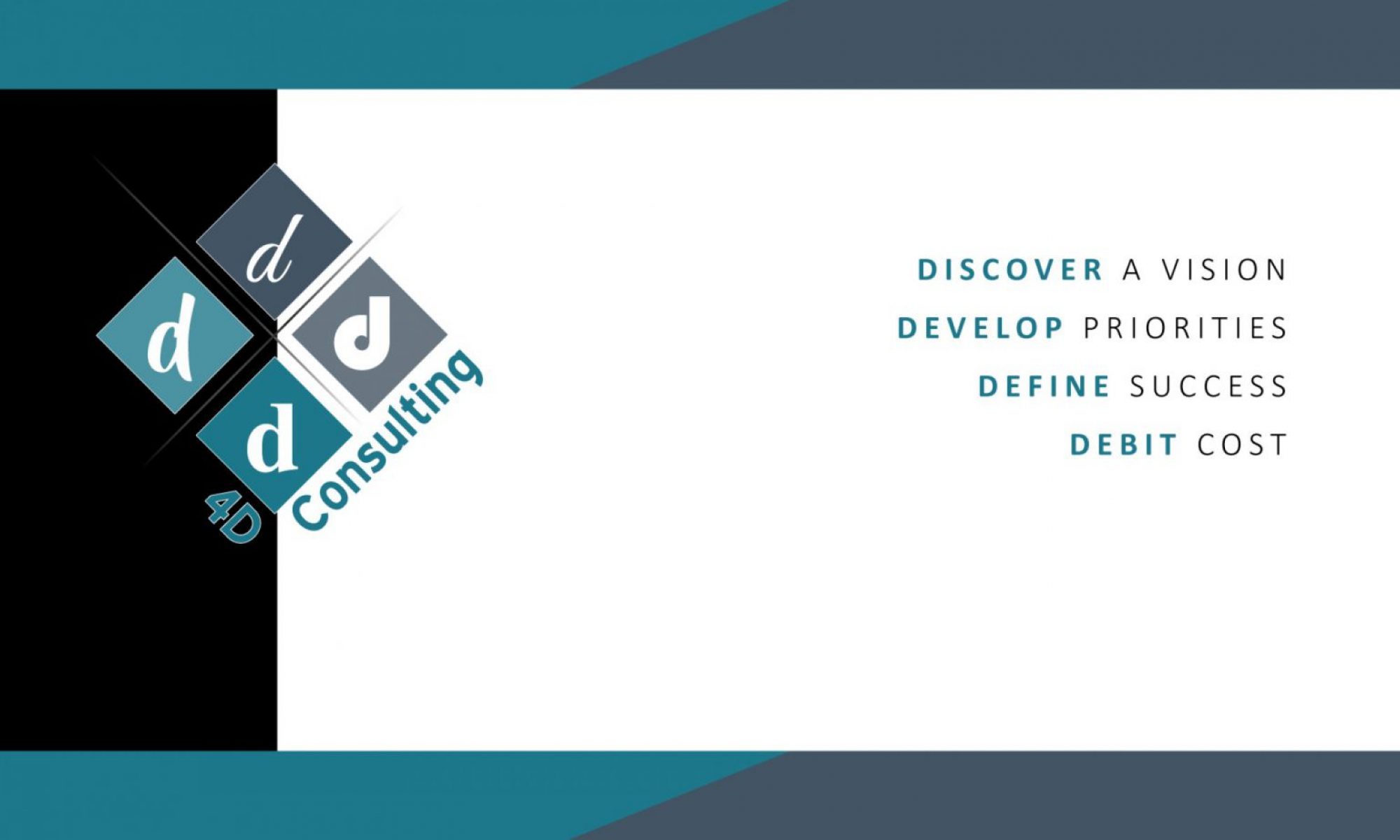Last month we discussed what effects the Covid-19 virus might have on charitable giving. I suggested in the article that the fruits of our labors in the advancement office will be seen in the coming months and even longer. I said that those organizations who had built strong personal relationships with their donors will be able to continue to make successful asks, whereas those who have relied on “pretty publications” and two or three times a year mailings a year may see a decline in giving. Mailings are nice – and necessary – but they do not establish relationships.
Now comes the CARES Act of 2020. So much has been said about personal stimulus checks and small business rescues that the act’s provisions for charitable giving have been lost in all the discussion. The Charitable Giving Incentives section of the act creates a new above-the-line deduction for total cash contributions up to $300. These can be claimed next year!
“People do business (become donors) with people because they choose to, not because they have to. We can always find others doing the same thing or selling the same product. It’s the personal connection that makes the difference.
–unknown
By now, most organization advancement offices should be producing a printed piece (approved by your accountant) for mailing to donors. Those advancement offices most concerned with building relationships with their donors and having them as partners in the mission , however, will not resort to just another mailing or just another post on the web site. The CARES Act provides one more opportunity to make a personal call. I envision a conversation which goes like this:
“Hello Jim. This is XXX at your favorite non-profit. You may not realize that Congress recently passed the CARES Act and there is a special provision for non-profit contributions which may benefit you. I was wondering if you had time to meet me for coffee so I can share the provisions with you.”
You can use this coffee time to not only share your new printed piece, but to also thank the donor for their previous support and to provide updates on your organization. Share any current needs that might fit with the donor’s abilities. Remember, even if you don’t get the coffee appointment, you made a personal contact which will probably insure that the mail is opened and read (along with your thank-you note for their time).
NOTE: As I write about best practice fundraising, we are under a SOCIAL DISTANCING order from our state and federal governments. Best practice fundraising in this climate might stop at the phone call. Remember, however, in a time of social isolation and with many donors being in older age groups, we can hypothesize that we will see answered phone calls skyrocket. This is especially important for those of you working from home right now.
“You’re just one relationship away from 10X-ing your goals.”
—Michael Banks, Real Estate Investor—
Time’s wastin’ —make those calls!
